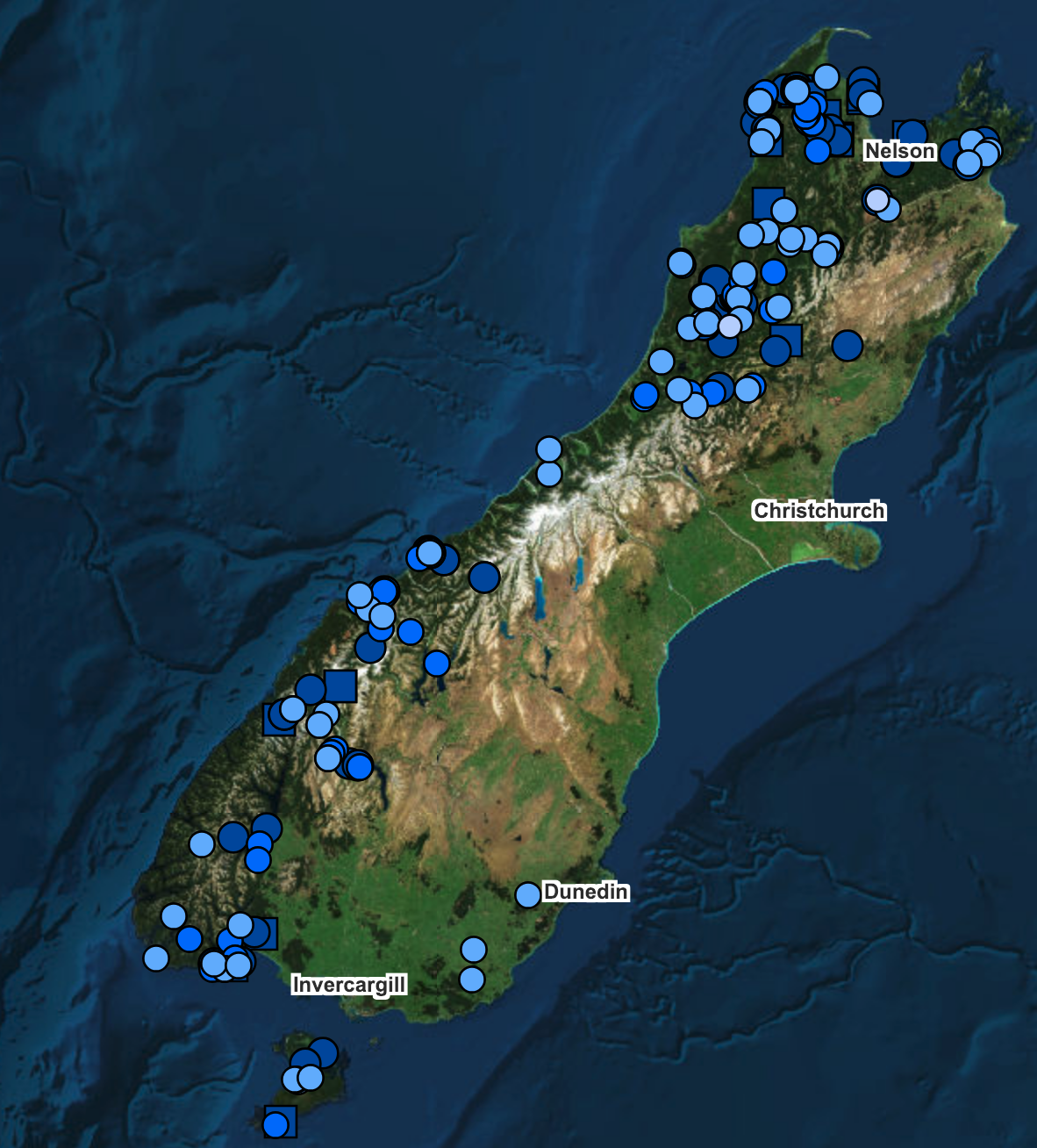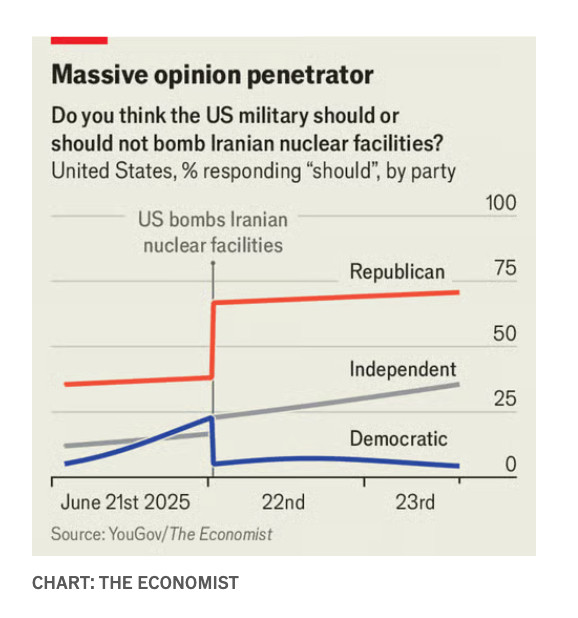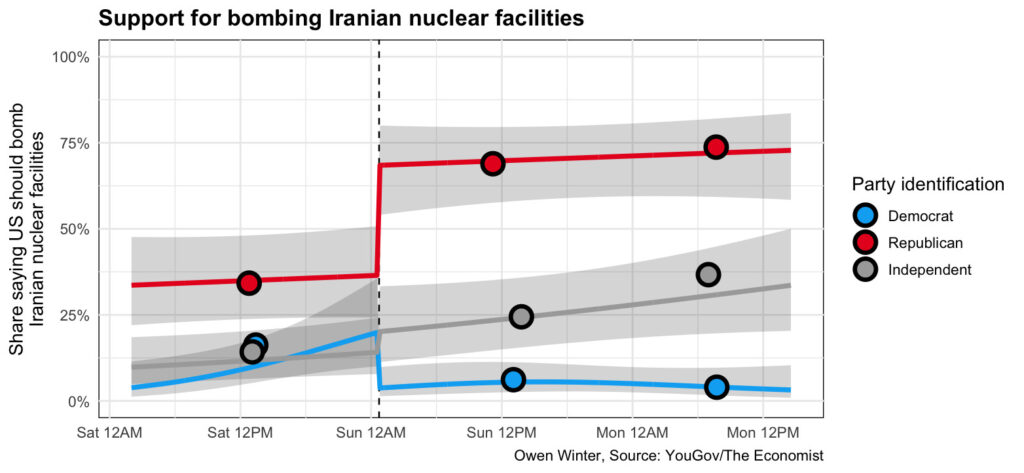Q: Did you see there’s no safe level of processed meat!
A: I saw the New York Post
Q: <side eye>Really?
A: Via Google. And RNZ and Stuff
Q: Didn’t we have this story a couple of months ago?
A: Not quite. That was ultra-processed. This is only processed. And just meat.
Q: Is it true?
A: What did we say last time?
Q: “But think about it. How do they measure people’s consumption of ultraprocessed food down to the single bite level? How do they find a comparison group with just one bite less consumption? What does it even mean?”
A: Exactly. Even though it’s not “one bite” this time, there’s still the question of what levels they actually compared
Q: So, um, what levels did they actually compare? And is there a research paper?
A: The paper is here. They said (for diabetes, colorectal cancer was similar)
The mean relative risk (RR) of developing type 2 diabetes was 1.30 (1.12–1.52) at a daily intake of 50 g of processed meat compared with the theoretical minimum risk exposure level (TMREL; equal here to 0 g d−1 or no consumption)… consuming processed meat in the range of the 15th to 85th percentiles of exposure (0.6–57 g d−1), compared with consuming no processed meat, was associated on average with at least an 11% higher risk of type 2 diabetes.
Q: Is 50g a lot
A; About one hot dog
Q: So eating one hot dog will increase your risk of diabetes by 26%
A: One hot dog per day
Q: And they’re comparing to a “theoretical minimum risk” at zero hot dogs per day?
A: Yes
Q: Doesn’t that kind of assume there is no safe level
A: Pretty much. They’d be able to see if moderate levels of consumption are actually protective, though if you think about how long people argued over that with alcohol, they obviously can’t tell very clearly
Q: So it’s not harmful at lower levels of consumption?
A: It’s correlated with diabetes (and cancer) at lower levels, too. Here’s the picture. The blue line is their estimate relative risk

Q: It gets a bit noisy down near 10 or 20g/day. Hard to tell the shape of the curve.
A: It is.
Q: And the red crosses?
A: The bluish dots are data; the red crosses are data they didn’t use
Q: So what does it actually mean that there’s no safe level?
A: If you’re eating hot dogs primarily for the health benefits, you’re doing it wrong.




